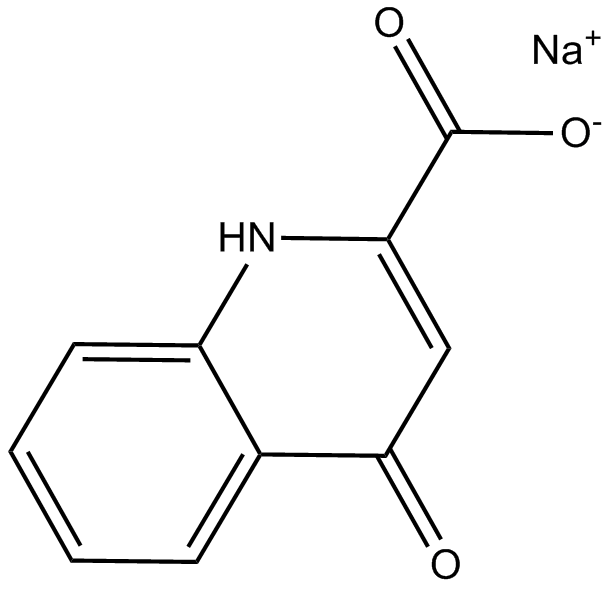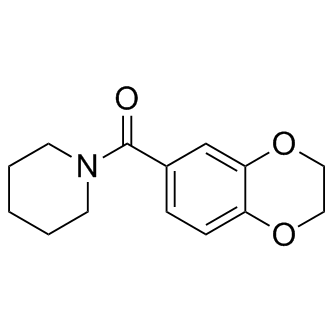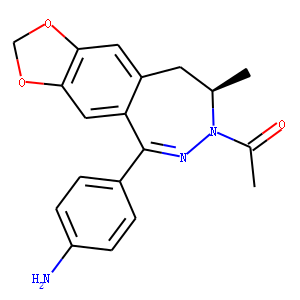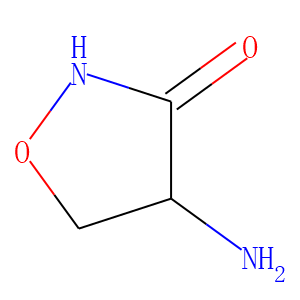iGluR
Ionotropic glutamate receptors (iGluRs) are crucial for mediating fast synaptic transmission in the central nervous system. These receptors function as ligand-gated ion channels and are activated by glutamate, the predominant excitatory neurotransmitter in the brain. iGluRs are divided into three main subtypes based on their agonist sensitivity: NMDA receptors, AMPA receptors, and kainate receptors. Each subtype plays a unique role in neural plasticity, learning, and memory by regulating calcium (Ca²⁺) or sodium (Na⁺) ion influx into neurons. Dysfunctions in iGluR activity are associated with neurological disorders such as epilepsy, schizophrenia, and neurodegenerative diseases. Consequently, iGluRs are important targets for pharmacological interventions aiming to modulate neural activity and treat these conditions.




